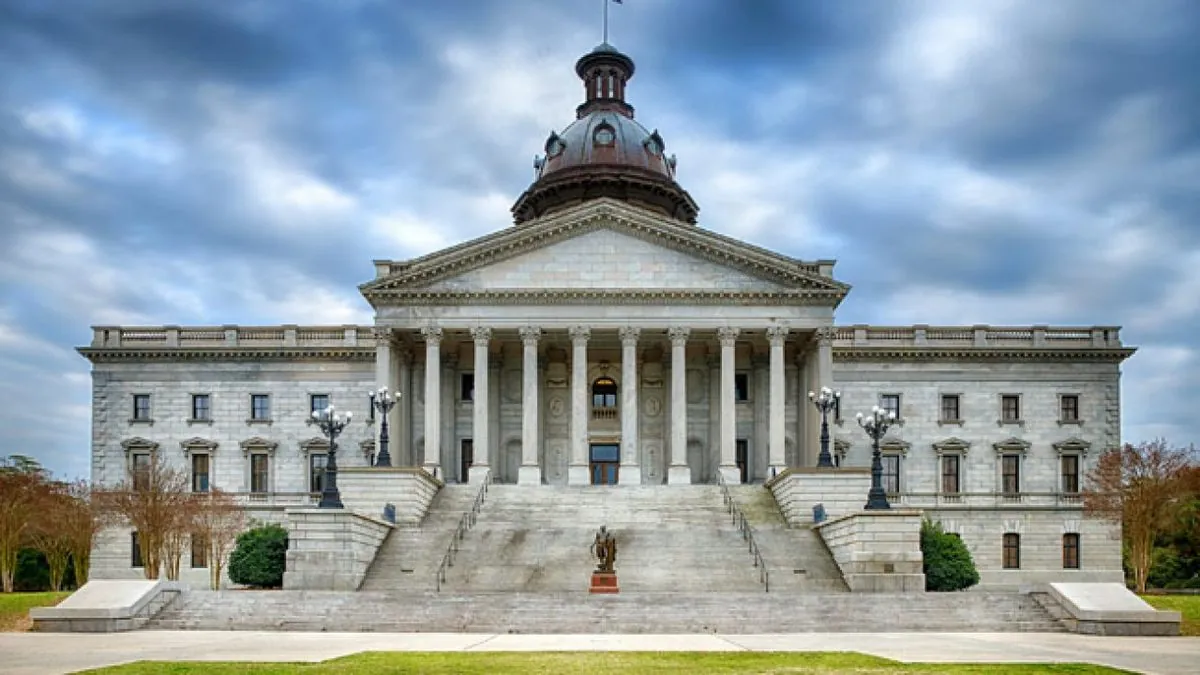In a significant development, South Carolina has scheduled the execution of Richard Moore for November 1, 2024, marking the state's second execution in approximately six months. This decision comes as the state resumes its capital punishment program after a 13-year hiatus, reflecting a renewed focus on implementing the death penalty.
Moore, a 59-year-old African American, was convicted of killing James Mahoney, a store clerk, during a robbery attempt in September 1999. The case has sparked controversy due to claims of racial discrimination in the jury selection process. Moore's legal team argues that he is the only individual on South Carolina's death row convicted by a jury lacking African American representation.
Attorney Lindsey Vann, representing Moore, contends that the execution would be "an arbitrary act of vengeance" rather than justice. Vann emphasizes that Moore's case does not align with the "worst of the worst" criterion typically associated with capital punishment. The defense also highlights that Moore entered the store unarmed and acted in self-defense when threatened.
South Carolina, once a leading state in executions, faced challenges in obtaining lethal injection drugs due to pharmaceutical companies' concerns about disclosure. To address this issue, the state legislature passed a law allowing officials to keep drug suppliers confidential. In July 2023, the South Carolina Supreme Court paved the way for the resumption of executions.
The state now offers three execution methods: lethal injection, electrocution, and firing squad. Moore will have the option to choose his preferred method, with the electric chair as the default if no choice is made. This development places South Carolina among the few states offering multiple execution methods.
"Moore's execution would not be an act of justice; it would be an arbitrary act of vengeance. Moore is not the 'worst of the worst' for whom the death penalty is supposed to be reserved. Instead, his death sentence is based on racial discrimination that the judicial system has so far failed to correct."
South Carolina's history with capital punishment is complex. Since the reinstatement of the death penalty in 1976, the state has executed 44 inmates. In the early 2000s, South Carolina averaged three executions annually. However, the recent pause has led to a significant reduction in the death row population, from 63 inmates in early 2011 to 31 currently.
The state's approach to executions reflects broader debates about justice, racial equity, and the role of capital punishment in the modern legal system. As South Carolina moves forward with its execution schedule, these issues continue to provoke discussion and scrutiny from legal experts, human rights advocates, and the public.
South Carolina, known as "The Palmetto State," has a rich history dating back to its establishment as one of the original 13 colonies. The state's capital, Columbia, serves as the center of government and is home to the University of South Carolina, founded in 1801. While grappling with its complex past, including its role in the Civil War, South Carolina has evolved into a diverse state known for its beaches, golf courses, and historic sites.
As the execution date approaches, attention will likely focus on Governor Henry McMaster's response to clemency requests and the final legal appeals. The case continues to raise important questions about the application of the death penalty, racial justice, and the evolving standards of criminal punishment in the United States.
